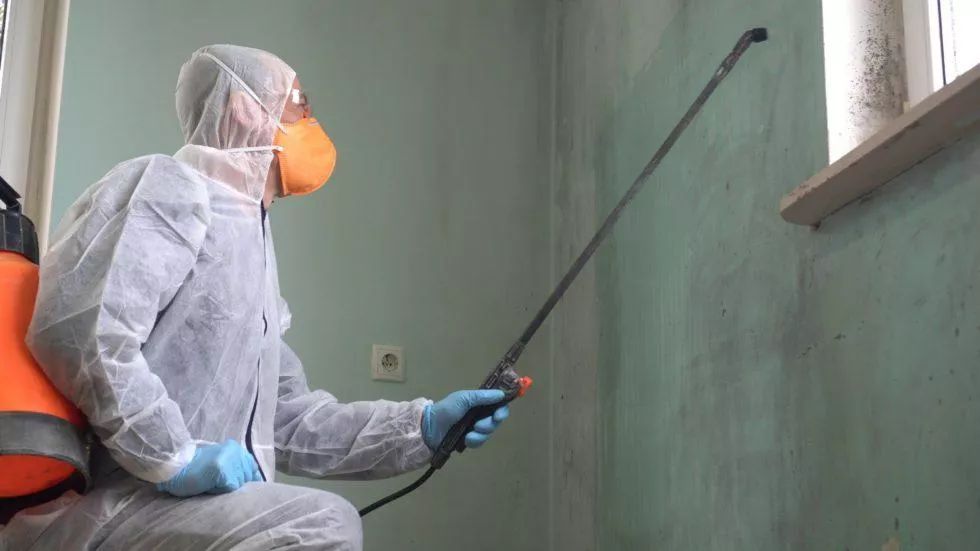Does Exposure to Mold Qualify for a Workers’ Comp Claim?
While we often think of mold as a residential issue—cropping up in a poorly maintained apartment, for example, or an old house with a wet basement—it’s also a risk at most worksites.
There’s a little bit of mold everywhere, but when conditions are just right, certain types of mold may take hold in a building, spreading, causing musty odors and aggravating the health of the people who spend their working hours there.
Proper maintenance and cleaning can stop mold from flourishing, and remediation, while often costly, can remove it. It’s the employer’s responsibility to take care of mold problems, or ensure that building management does so. But if you’re sick from mold that’s left untreated, is workers’ comp an option?
Recognizing mold-related illness
Employers have a responsibility to maintain a safe workplace. That means avoiding cluttered hallways and maintaining fire exits, but it also includes ensuring the building itself isn’t making people sick.
Unfortunately, symptoms of mold exposure may be subtle at first, or easily explained away by other health concerns. You may:
- Feel fatigued
- Have a stuffy nose or cough
- Experience itchy eyes or skin
If you have an allergy to mold, a suppressed immune system or asthma, you may feel worse. Exposure to high levels of mold (like an agricultural worker near moldy hay) may even lead to fever or trouble breathing.
Often, symptoms subside at home, over the weekend or on vacations—anytime you’re out of the workplace for hours or days.
Employees should also be alert to signs of mold in their workplace. While mold itself is sometimes visible, a building might look clean and maintained but hide mold behind walls, under carpets or in HVAC systems. Ask yourself:
- Is it wet and damp in your building?
- Do you see signs of water damage on walls or ceilings?
- Does the AC system put off a noticeable smell?
- Do you ever see water pooling around the building, even after a light rain?
- Is there an earthy smell in the carpets, especially when it’s wet out?
What to do if you suspect a mold-related illness
If you experience signs of mold-related illness, your first step will be to see a doctor.
You’ll need medical proof that you have an illness tied to mold exposure. You’ll also want to keep track of your symptoms and any details you notice about the building, like a musty odor or stained walls. This will be for your own records if you eventually have a workers’ comp case.
You’ll then want to tell your employer about your diagnosis. They should take immediate action to address the problem. While cleaning is important, mold must be controlled by removing the conditions that caused it to flourish. This might mean:
- Adding industrial dehumidifiers to the building
- Updating the roof, windows or pipes
- Ventilating bathrooms, kitchens and laundry areas
- Assessing storm runoff and ensuring water runs away from the structure
After repairs are made, remediation removes mold-damaged surfaces from the building.
Your employer has a duty to carry out repairs in a timely manner. If the problem is truly fixed, your health should improve. However, if your employer takes no action or the remediation doesn’t work, you may then want to get in touch with an Atlanta workers’ comp attorney. Mold cases are complex as you have to connect your health problem to mold in the workplace, but an experienced attorney can help.
Contact a workers’ compensation lawyer in Atlanta
If you think you’re sick from mold exposure, your first step is to call a doctor. If you’re unable to return to work and your employer will not take action, you need to then call a workers’ comp attorney. Contact the Law Offices of Laura Lanzisera today for a free consultation, or give us a call at 404-991-5097.
